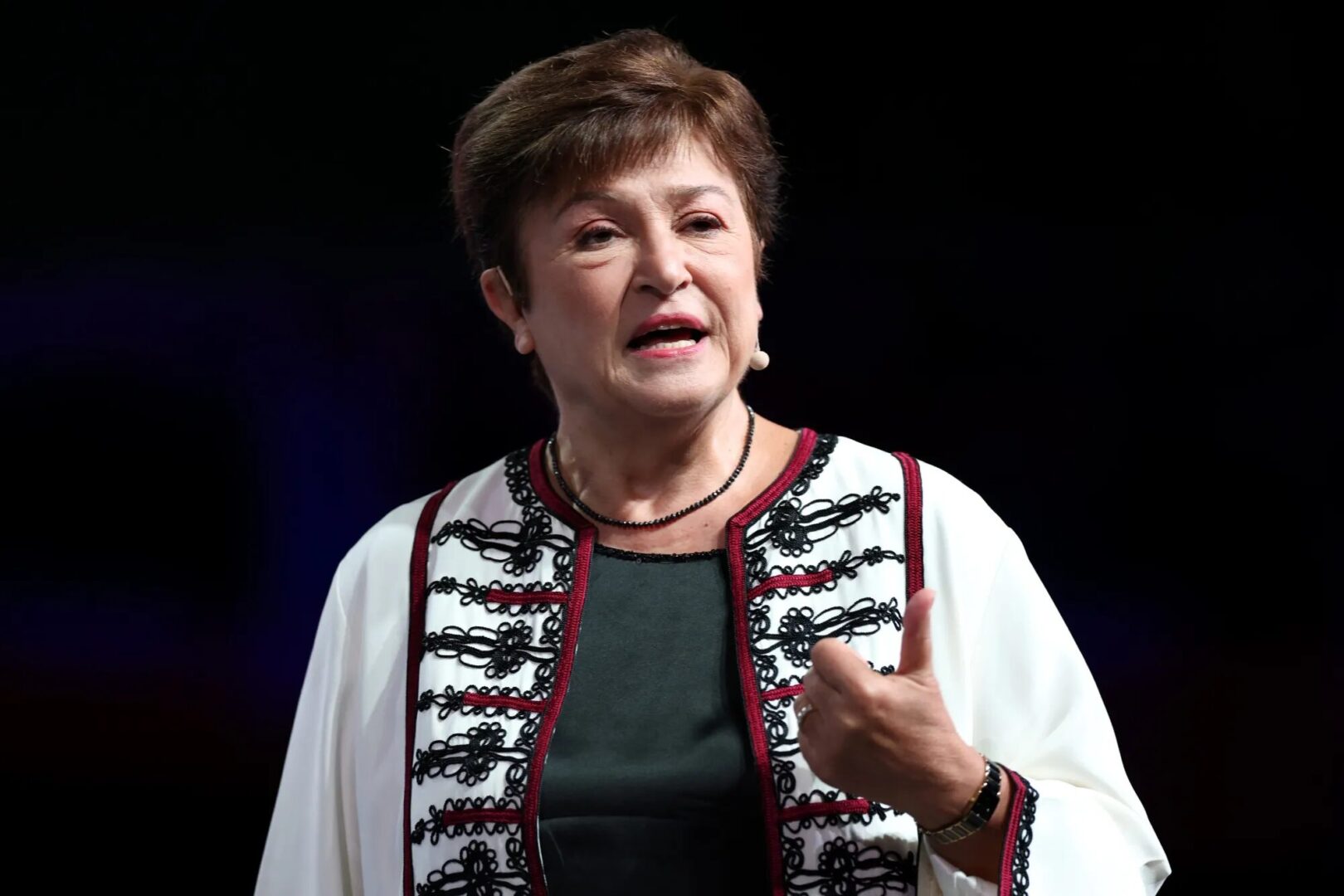The IMF Kristalina Georgieva recognizes Jamaica as a model for countries seeking to reform its economy
IMF Managing Director Kristalina Georgieva made the reference to Jamaica while responding to questions from reporters during a press briefing on the global policy agenda on Thursday, October-2024.
Ms. Georgieva emphasized that Latin America faces significant growth challenges similar to those globally, with a need for reforms to enhance growth trajectories. She pointed out that while the region is struggling, the Caribbean and Central America are performing better due to effective debt management and governance. Countries like Barbados and Jamaica have successfully implemented reforms that yield positive results. She urged major Latin American economies to adopt a proactive approach toward pro-growth reforms, noting that there is a growing recognition of this necessity among the countries.

Question: While the IMF continues to support economies, the 2024 World Development Report is indicating that 74 out of 108 countries are still trapped in the lower to middle‑income level. What are the significant initiatives that the Fund is undertaking to ensure that these countries are uplifted into upper‑middle‑income countries, and what will be the impact on the world?
Ms. Georgieva emphasizes that countries can escape the middle-income trap through four key strategies: investing in education and human capital, enhancing infrastructure (particularly digital), improving governance with a focus on rule of law and transparency, and fostering cooperation and learning from others. She notes that growth-enhancing reforms have been studied and found to significantly raise growth trajectories, potentially by up to 8 percent, highlighting the importance of public engagement and support in achieving these results.
I always like to give the example of Jamaica because Jamaica was a country 10, 12 years ago, it was a country with very high debt, a lot of crime. People were kind of desperate for their future. Well, they brought that down by half and they moved the country in a very positive growth trajectory by that holistic approach to development.
So basically, for low‑income countries, this is not given that you cannot break out of it, but it does require a comprehensive program of reforms. It does require consistency of implementing these reforms. And it does require bringing public support for it.
Prime Minister Andrew Holness has frequently extolled his government’s role in enhancing the economy on various occasions.
Let’s break it down: ⬇️
✅ We have reduced the country’s debt.
✅ The economy is now built to benefit our young people.
✅ For the first time in decades, Jamaica’s economy is built to last, not just for today, but for the future!
What we have done to make the economy stable and resilient is not “smoke and mirrors.” It’s real.
We have ensured that even in tough times, we can bounce back quickly—this is resilience and sustainability he said.
He acknowledged there’s still a lot of work to do to improve the Jamaican economy. but stated that after proudly serving this country for 27 years, and nearly nine years of leading with a steady hand, his government have made real progress. The country is stable, growing, and full of promise.
Without mentioning the Opposition People’s National Party, he said, we have seen before how quickly things can fall apart—like in the 1970s and those 18 long years of slow growth. We cannot afford to go backward. We must stay the course and keep Jamaica moving in the right direction.
